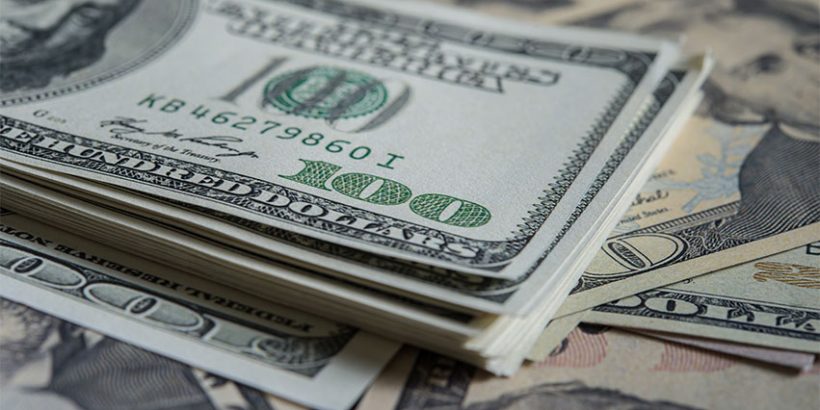Let us begin with macroeconomics. All of us have studied this at some point or the other. Macroeconomics presents the concepts of tax, public spending, deficit, trade imbalances and recession. These concepts are crucial to understanding the current economic context.
Every institution, individual, company or government has sources of revenue and sources of expenses. When it comes to government, the key revenue source is taxation. Taxation can come in many forms – income, capital gains, property, wealth, inheritance, pensioners and corporate. With each of these tax types, there are usually different slabs catering to different categories of taxpayers.
Why is tax important? Let us begin with the annual budget. At the beginning of every fiscal year, the government releases an annual budget for its expenditures. Expenditures range from key categories such as trade, education, social service and infrastructure, to minor categories such as foreign aid and presidential /royalty expenditures. All these expenses are meant to serve the citizens of a nation, ergo are funded by the citizens’ income.

When there arises a situation wherein tax revenue exceeds expenditures, you have a fiscal surplus. And vice versa, when revenues fall short of expenditures, you are faced with a fiscal deficit. While both situation are not ideal, fiscal deficits can potentially lead to more disastrous consequences. When governments try to win the popular vote by reducing tax when they are not supposed to, their fiscal situation becomes unstable and they can fall into serious debt issues.
It is obviously important to keep a balance between fiscal stability and the overall public health. This is the reason why tax has not just one lever, but several. When there are looming threats of wage disparity or unemployment, you move the levers of taxation such that the policies don’t negatively affect the middle-class or lower income earners. When you are faced with the threat of domestic investors finding the local situation a tad too unfair and moving their investments abroad, you adjust (to an extent) levers that affect the wealthy such as wealth, property and capital gains taxes.

If the government would like to keep tax rates intact and still is in dire need to raise revenue, there are always other sources. However these need to be planned in advance and cannot be exploited as easily as tax levers. Two additional revenue generating means for the government are trade and external loans. In times of surplus, governments can consider issues loans to foreign institutions or governments to rely on a predictable interest stream for the future.
There is also trade. Countries like Germany enjoy the flexibility of tax adjustment decisions due to the immense trade surpluses that they enjoy, Naturally trade surpluses have their own pitfalls, but when it comes to revenue sources they are as good as any. So citizens, take note! When you are doubting the effectiveness of a policy designed to increase revenues, it is good to have the full situation known.

